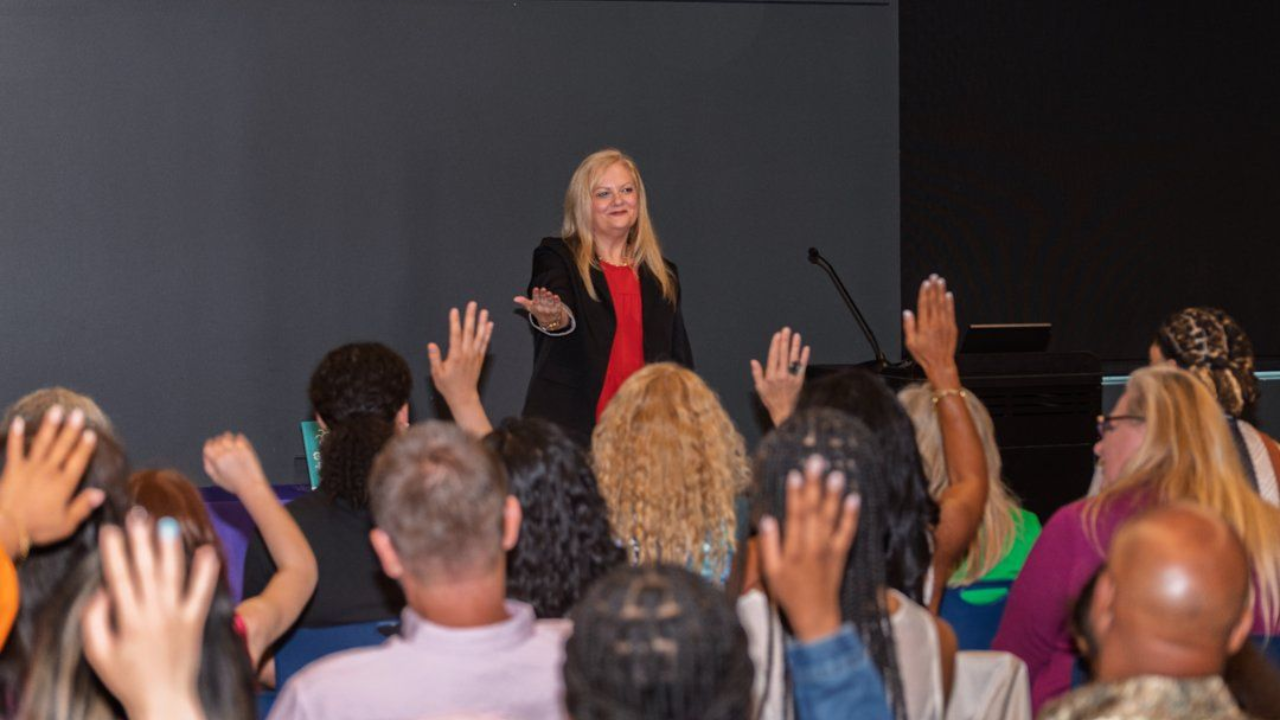The Charisma That Keeps You at Arm’s Length: Emotional Unavailability in Modern Relationships
Oct 07, 2025I was watching Mad Men the other night, and I couldn’t take my eyes off Don Draper. He’s magnetic—sharp suits, smooth words, a mind that dances through pitches like poetry. But beneath all that charm is a man emotionally locked down. He seduces a room but can’t sit still in his own feelings. And as I watched him drift through relationships, always close but never quite connected, I realized: Don Draper is the perfect portrait of emotional unavailability.
What Is Emotional Unavailability?
Emotional unavailability is the inability—or unwillingness—to engage deeply with one’s own emotions or those of others. It often hides behind charisma, success, or even kindness. But it shows up in the moments that matter most:
-
When vulnerability is met with silence
-
When intimacy feels like a threat
-
When connection is always just out of reach
Don isn’t cruel. He’s just closed. And that’s what makes emotional unavailability so confusing—it doesn’t always look like neglect. Sometimes, it looks like charm.
Why Men Are Often Emotionally Unavailable
Many men are taught that as long as they provide, they’re doing their job. Emotional presence? Vulnerability? That’s not part of the traditional script. Historically, marriages were economic arrangements—men earned, women nurtured. But in today’s world, women can support themselves. What they crave now is emotional safety—a partner who listens, feels, and connects.
Yet many men were never taught how to do that. According to therapist Dr. Kurt Smith, men often don’t know what they feel, what they’re supposed to feel, or how to express it. This leads to confusion in relationships, where women say “He won’t talk to me,” and men genuinely don’t know what to say.
This emotional gap is one of the most common issues I see in couples counseling. Women seek emotional intimacy; men often default to problem-solving. The result? Miscommunication, unmet needs, and emotional distance.
What About Emotionally Unavailable Women?
Emotional unavailability isn’t gendered—it shows up in women too, though it often wears a different mask. While men may shut down or withdraw, emotionally unavailable women often appear independent, self-sufficient, and “fine on their own.” They may:
-
Avoid relying on others emotionally
-
Keep relationships at arm’s length
-
Intellectualize feelings instead of expressing them
-
Fear being “too much” or “too needy”
-
Use perfectionism or control to avoid vulnerability
Many of these patterns stem from early experiences—being the caretaker, suppressing emotions to survive, or growing up in environments where emotional needs weren’t met. In therapy, I often see women who are exhausted from doing everything except letting themselves be held.
Signs of Emotional Unavailability
Whether it’s a partner, a friend, or even yourself, here are some red flags:
-
Avoids deep conversations or deflects emotional topics
-
Struggles to express feelings or name emotions
-
Keeps relationships surface-level or inconsistent
-
Fears commitment or intimacy
-
Seems present but emotionally absent
It’s like trying to hug someone made of smoke—you reach out, and they vanish.
How It Affects Relationships
Being emotionally unavailable—or loving someone who is—can lead to:
-
Chronic confusion and unmet needs
-
One-sided emotional labor
-
Repeating toxic patterns
-
Feeling lonely even when you’re not alone
Don’s relationships are often passionate but hollow. They burn bright, then burn out. And that’s the tragedy of emotional unavailability—it promises connection but delivers isolation.
What Emotional Availability Looks Like in a Marriage
Emotional availability in marriage isn’t just about saying “I love you”—it’s about showing up with your whole self. It means being present, attuned, and responsive to your partner’s emotional world. In couples counseling, I often describe it as the ability to hold space for each other.
Here’s what it looks like in practice:
-
Active listening: Not just hearing words, but tuning into tone, body language, and emotional cues
-
Empathy: Saying “I get why that hurt” instead of “You’re overreacting”
-
Vulnerability: Sharing fears, insecurities, and dreams without shame or defensiveness
-
Emotional attunement: Noticing when your partner is off and gently checking in
-
Repair after conflict: Owning mistakes, apologizing sincerely, and working to rebuild trust
-
Consistency: Being emotionally present not just during crises, but in everyday life
In emotionally available marriages, partners feel seen, safe, and supported. It’s not about being perfect—it’s about being real.
Can It Be Healed?
Yes. But it takes work:
-
Therapy: To unpack the roots and build new emotional habits
-
Vulnerability practice: Start small, in safe spaces
-
Boundaries: Protect your emotional energy from those who won’t meet you halfway
-
Attachment work: Learn what secure connection looks and feels like
Research from the Personal Development School shows that emotional unavailability often stems from avoidant attachment styles—learned survival strategies that can be rewired through neuroplasticity. Studies from the Gottman Institute also emphasize that emotional attunement is one of the strongest predictors of long-term relationship satisfaction.
Final Thoughts
Don Draper may be fictional, but his emotional walls are all too real. We see them in our partners, our parents, our friends—and sometimes, in ourselves. Emotional unavailability isn’t a flaw. It’s a wound. But wounds can heal. And when they do, connection becomes possible—not just the kind that looks good on the outside, but the kind that feels good on the inside.
STRONG HEART Warrior Project
-
Betrayal happened. You’re still here.
-
Gentle power isn’t weakness—it’s your weapon.
-
Rebuild your Trust Bridge. One truth at a time.
-
Healing isn’t quiet. It’s revolutionary.
-
Join the movement. Speak. Rise. Reclaim.
Stay connected with news and updates!
Join our mailing list to receive the latest news and updates from our team.
Don't worry, your information will not be shared.
We hate SPAM. We will never sell your information, for any reason.


